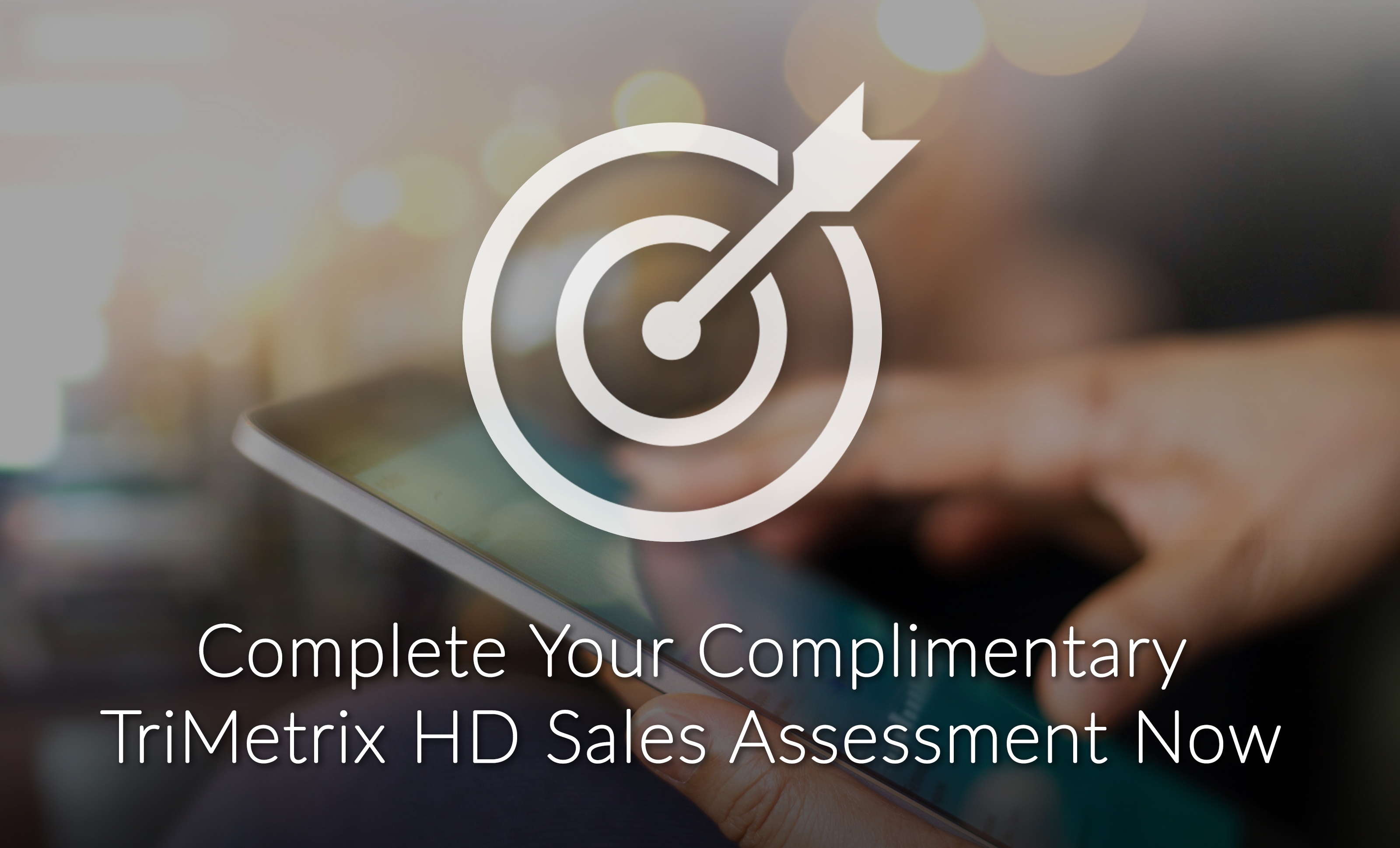 Imagine going to the Smithsonian’s newest exhibit called “Business Practices of Yesteryear” and seeing old business practices that no longer add value. You probably would see some that you are, sadly, still using.
Imagine going to the Smithsonian’s newest exhibit called “Business Practices of Yesteryear” and seeing old business practices that no longer add value. You probably would see some that you are, sadly, still using.
When I first speak with many of our clients, I find out that the talent management tools (i.e. hiring assessments, performance metrics, onboarding processes, etc.) are very outdated. Often they are the tools that their predecessor used. This is alright if you want to be mediocre.
However, companies that are in highly-competitive industries, as well as larger Fortune 1000 companies, that use highly-evolved talent management strategies surpass the competition.
Large or small, the single greatest competitive advantage any company has is alignment of the best talent to the job and culture of the company.
If you are a small to mid size company, it is time to review your talent management TOOLS. Chances are they are severely outdated. It is likely time for an upgrade… The Smithsonian called. They want your outdated talent management tools.
6 CRITICAL QUESTIONS TO EVALUATE YOUR TALENT MANAGEMENT TOOLS
Is the tool valid?
What is validity? Validity helps answer the question, “Does the assessment measure what it is supposed to measure?” It also asks a deeper quality-related question: “How well does the assessment make these measures?” Assessment providers who validate their assessments independently are a big red flag. Those that measure validity using a third party like an accredited university probably have a true valid assessment.
There are many "personality profile" assessments in the marketplace today and many are highly questionable in terms of validity. All say that they are valid and the reality is few really are.
I have spoken with labor attorneys who share that the typical assessment company will share a two inch thick ream of paper that really does not prove validity yet because it looks so “serious” many people accept it as valid based upon perception.
While the benefits of using a valid assessment to hire, onboard, coach, and develop your talent are incredibly significant, you must do your homework. The costs of hiring the wrong talent is too high to get it wrong because you used an invalid assessment.
Is the tool applicable to multiple cultures and ethnic groups?
Under the Disparate Impact Rule, an employer may not use an employment practice such as using a pre-employment personality assessment that disproportionately excludes members of a protected category.
In other words... If the assessment discriminates against groups or a protected class, you could be sued. In order to understand this potential, the assessment company will have had to complete a very detailed study requiring information that identifies potential protected classes. Few assessments gather this information.
Does the assessment tool measure behaviors only?
Most assessments measure just behaviors, which is how the candidate will perform. While that is a great place to start - it is not the best place to end when evaluating the potential of candidates. All behavior occurs for a reason - the person must be motivated to do so. Great pre-employment and coaching assessments measure what motivates a person - what they value - and what they are capable of doing. The TriMetrix® HD measures all of these dimensions and only takes about 45 minutes to complete. Learn more about it in our Manager's Guide to Trimetrix® HD.
Keep in mind that many assessment companies claim to measure motivators as part of their behavioral assessment. That is not what we mean. As an example, the DISC – a common behavior assessment tool does not measure motivators – only behaviors.
Can the tool be used for hiring, coaching, and development?
Some talent management tools on the market are made for one purpose either hiring, coaching , or onboarding but not all three. You want a talent management tool that can be used for multiple purposes. For example, one of our hiring assessments can later be converted into a coaching report to be used during the onboarding process and development later on. Talent management tools that are formatted for hiring, coaching, development, and onboarding and are easy to interpret are best.
Unfortunately, many of the assessment reports available today are difficult to understand and may be taken completely out of context. Therefore, it is important to have an assessment tool that is easy-to-understand and minimizes the potential for the wrong interpretation by the manager / coach and the new hire.
Did you pay $20 to $50 for the tool?
It never ceases to amaze me to hear someone call us and ask what our cheapest assessment costs.
I could easily go out and buy a flip-phone without 'smart' capabilities for $50, but I want top of the line so I buy an iPhone that costs five times more. Like most products or services in a capitalist nation, prices do go up. You may be paying $50 for a hiring assessment, but chances are the assessment has not improved since it was first developed.
Price is what you pay, value is what you get. A cheap talent management tool will provide little to no value. You have to be willing to pay for a tool that is top of the line. If you want cheap results, buy a cheap assessment tool. Look for a provider that is constantly working to improve their talent management tools even if it costs you extra buck or two.
Does the tool's provider offer interpretation and support?
Few assessment providers offer interpretation and support.
Often, during the sales process, you will be offered the opportunity to complete a sample assessment and receive a complementary debrief. It is important to understand who will debrief you and that they care enough to benchmark the job, develop a relationship with you, and they take the time you need to provide the interpretation and support you expect.
Low price assessments typically do not come with any type of interpretation and support.
Few small to mid size companies are very strategic when it comes to talent management. Most stick to some type of “ad hoc” hiring, retention, coaching, and succession planning that is more spur-of-the-moment and born of necessity rather than long-term strategy. If you want to have a talent management strategy and the tools that don't belong in the Smithsonian, speak to a Rainmaker consultant.




